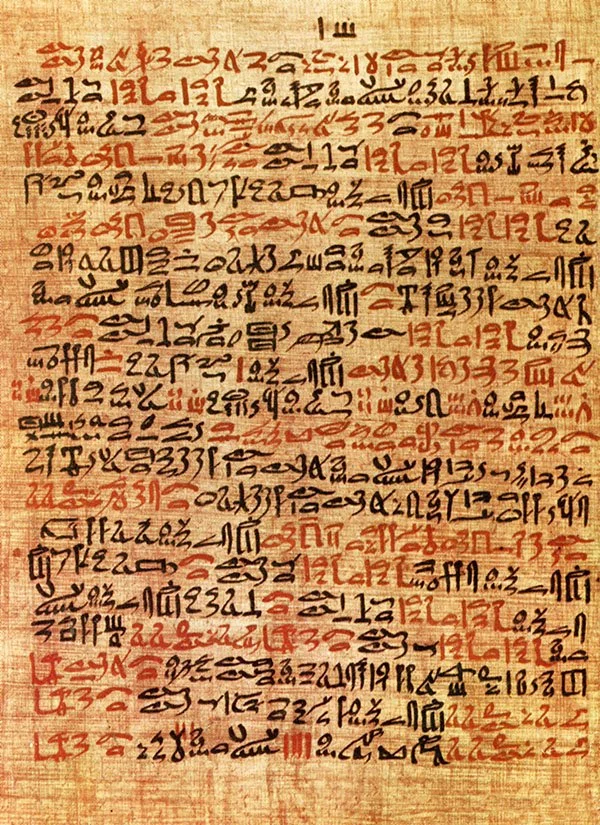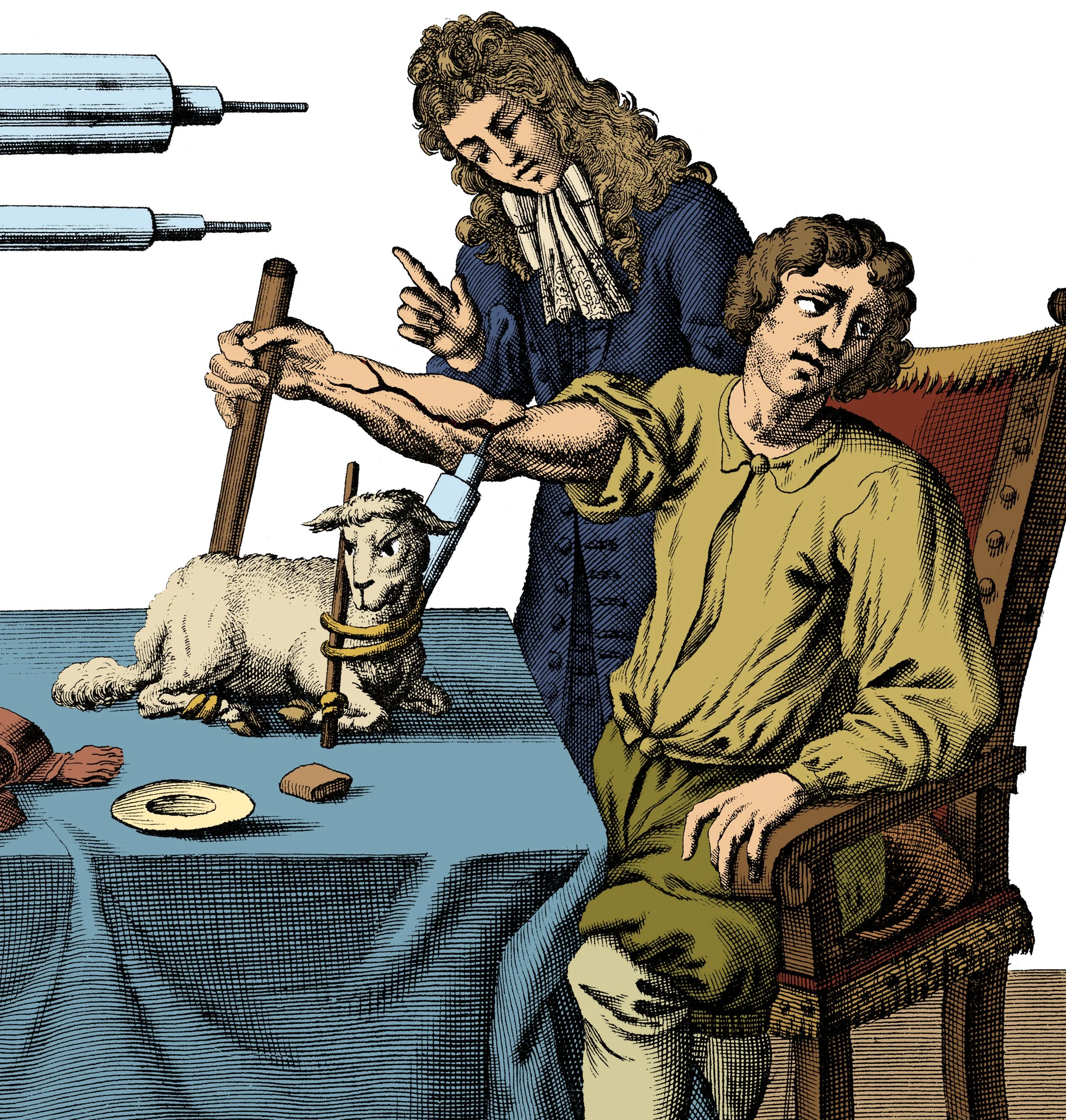The history of medicine is woven with ancient wisdom, scientific breakthroughs, and human curiosity. From the humble beginnings of ancient herbal remedies to the modern invention of pharmaceuticals, the evolution of medicine mirrors the progress of humanity itself. Let’s explore some of the pivotal moments and developments that have shaped healthcare.
VIEW THE MEDICAL HISTORY GALLERY OF STOCK IMAGES
Ancient Herbal Remedies:
The roots of medicine stretch back to the dawn of civilization, where early humans relied on nature for healing. Ancient herbal remedies, passed down through generations, formed the cornerstone of early medical practices. Civilizations such as the Sumerians, Egyptians, and Chinese meticulously documented the therapeutic properties of plants, laying the foundation for botanical medicine.
Egyptian Medicine:
In the land of the Pharaohs, medicine flourished alongside advancements in architecture, astronomy, and art. Ancient Egyptian physicians, revered for their expertise, blended empirical observation with spiritual beliefs to diagnose and treat illnesses. The Ebers Papyrus, a monumental medical document dating back to around 1550 BCE, provides insights into the ailments and remedies of the time, ranging from surgical procedures to herbal concoctions.
Ancient Greek Medicine:
The legacy of Hippocrates, the father of Western medicine, looms large over the annals of ancient Greek medicine. Rejecting superstition in favor of rational inquiry, Hippocratic physicians laid the groundwork for clinical observation and ethical medical practice. The Hippocratic Oath, a timeless pledge to uphold patient welfare and confidentiality, remains a guiding principle for modern healthcare professionals.
Medieval Medicine:
The Middle Ages ushered in an era of profound religious influence and medical stagnation. Drawing from the teachings of Galen, medieval physicians adhered to the theory of the four humors, believing that an imbalance in bodily fluids caused disease. Monastic infirmaries and Islamic medical centers served as oases of healing amidst the turmoil of war and plague, preserving and transmitting ancient medical knowledge to future generations.
Renaissance Medicine:
The rebirth of learning during the Renaissance sparked a resurgence of interest in anatomy, physiology, and empirical investigation. Visionaries such as Leonardo da Vinci and Andreas Vesalius revolutionized the study of human anatomy through meticulous dissections and anatomical illustrations. The printing press, a transformative invention of the era, disseminated medical texts to a wider audience, democratizing access to knowledge.
19th Century:
The 19th century witnessed unprecedented strides in medical science and public health. The discovery of anesthesia by William Morton in 1846 revolutionized surgical practice, paving the way for complex procedures with reduced pain and risk. The germ theory of disease, championed by Louis Pasteur and Robert Koch, fundamentally altered our understanding of infectious diseases, leading to advancements in sanitation, vaccination, and antibiotics.
20th Century:
The dawn of the 20th century heralded a golden age of medical innovation and global health initiatives. The development of insulin by Frederick Banting and Charles Best transformed the prognosis for diabetes patients, while the discovery of penicillin by Alexander Fleming inaugurated the era of antibiotics. Breakthroughs in medical imaging, genetics, and pharmacology reshaped diagnostic and therapeutic modalities, offering new hope for patients facing previously incurable conditions.
Modern Drugs:
The advent of modern pharmaceuticals represents a triumph of science and collaboration. From aspirin to statins, from antiretrovirals to immunotherapies, pharmaceuticals have revolutionized disease management and prevention, extending lifespans and enhancing quality of life for millions worldwide. However, the pursuit of medical progress is not without challenges, as concerns over drug safety, affordability, and equitable access persist in an increasingly interconnected world.
The Journey of Medical History
The history of medicine is a testament to human ingenuity, resilience, and compassion. From ancient herbal remedies to cutting-edge pharmaceuticals, each chapter in this narrative reflects our relentless quest to alleviate suffering and prolong life. As we stand on the threshold of a new era in healthcare, let us honor the lessons of the past while embracing the opportunities of the future, united in our commitment to heal, to innovate, and to care.



